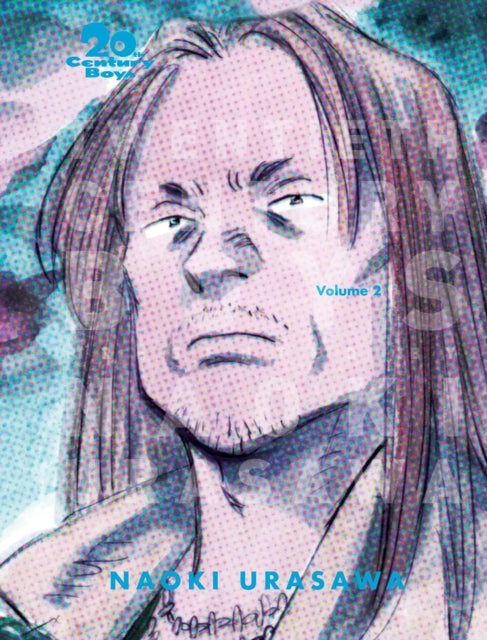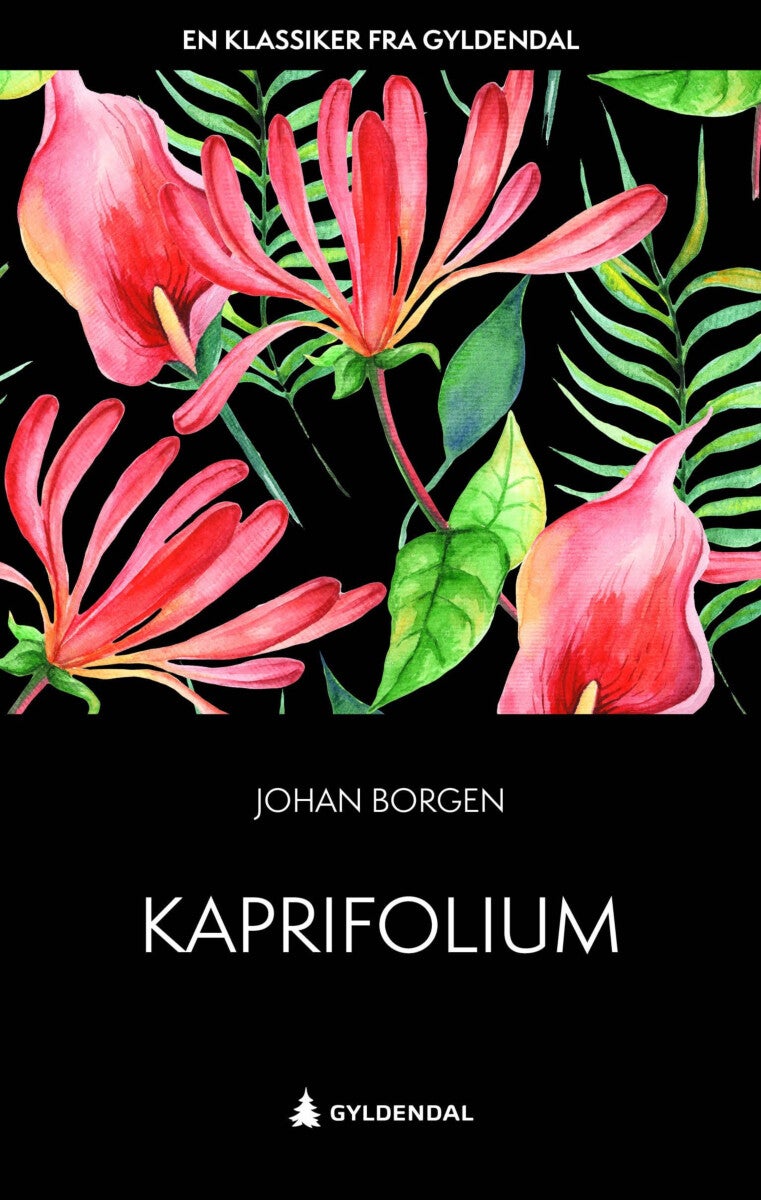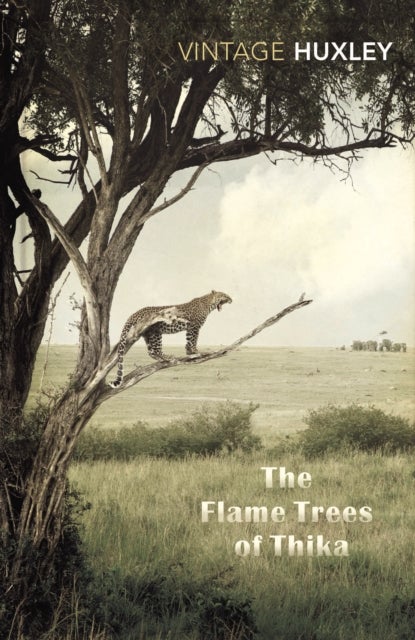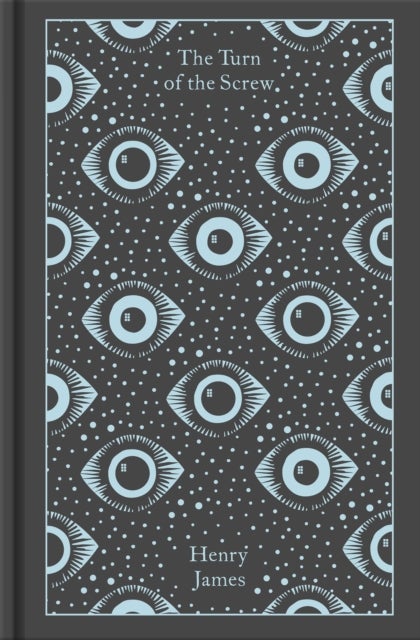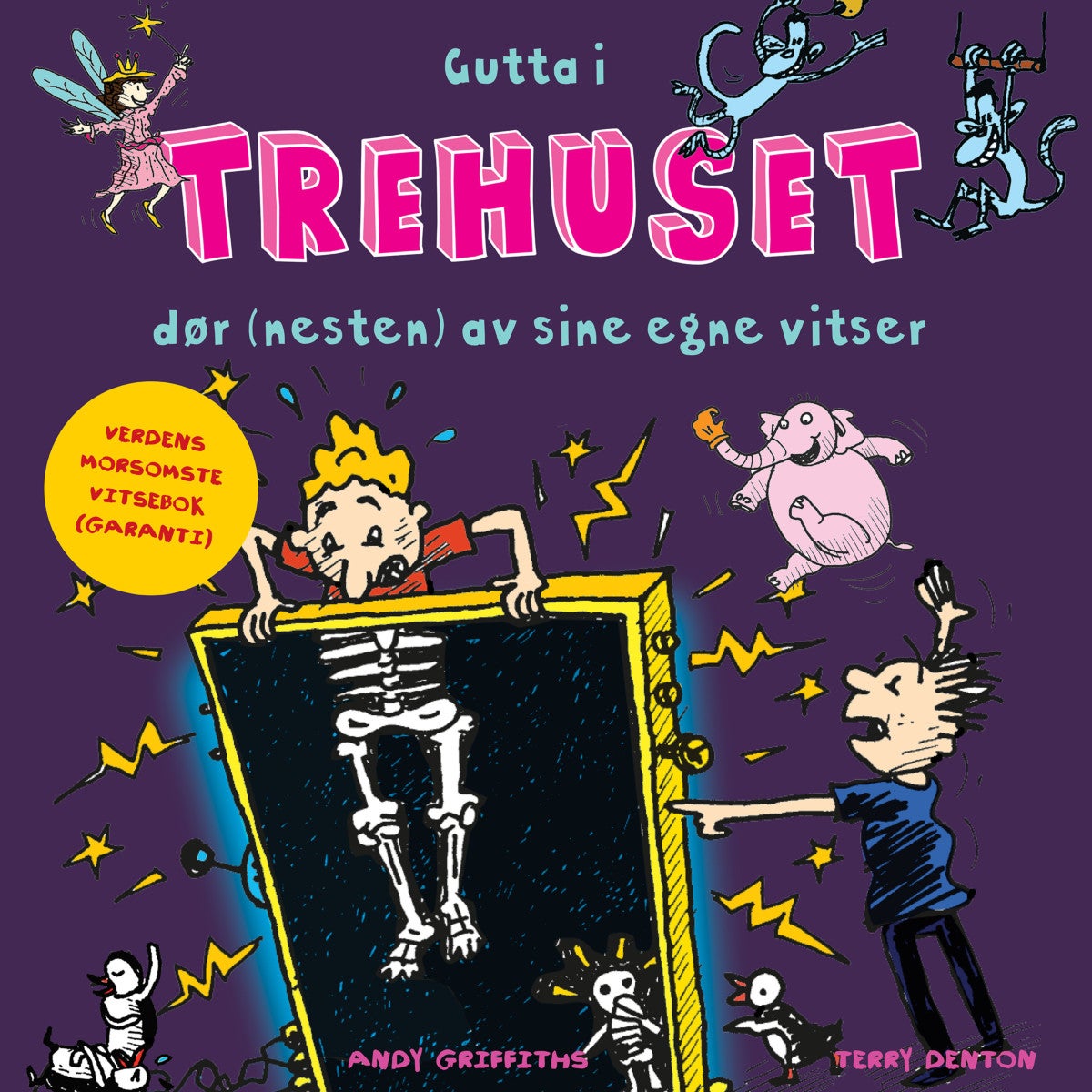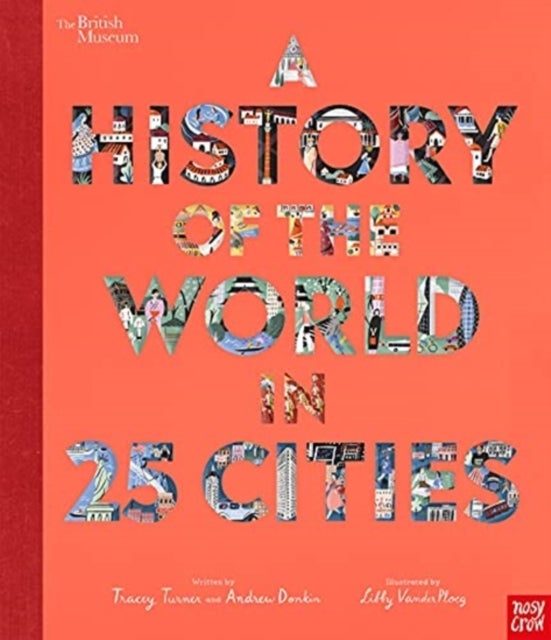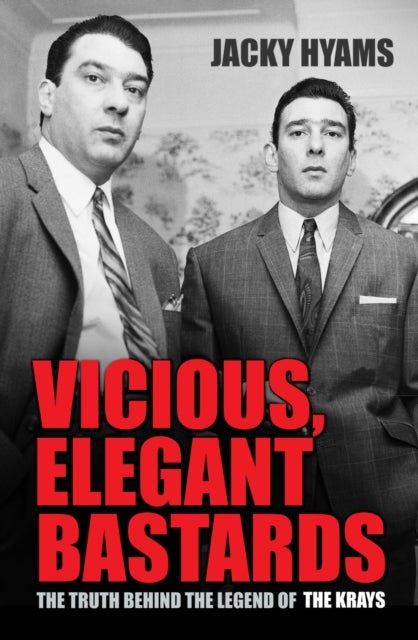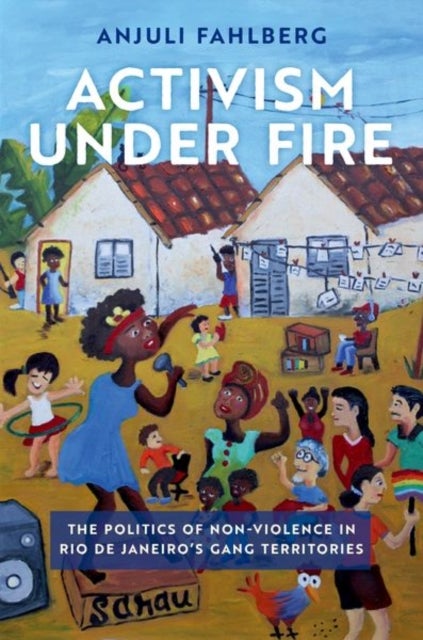
Activism under Fire av Anjuli (Assistant Professor of Sociology Fahlberg
299,-
Rio de Janeiro''s favelas have become well-known sites of gang and police violence. Since the 1970s, dangerous networks between drug traffickers and corrupt state actors have transformed these poor neighborhoods into sites of armed conflict and political repression, limiting residents'' ability to speak out against violence or demand their democratic rights. Despite these challenges, nonviolent politics remains an integral element in Cidade de Deus¿City of God¿one ofRio''s most dangerous and famous favelas. In Activism under Fire, Anjuli Fahlberg provides an original account of how conflict activism operates in Cidade de Deus. Drawing on fieldwork, virtual ethnography, and participatory action research, Fahlberg documents how activists strategically navigate local constraints and opportunities¿including gendered governing dynamics and racialized practices of solidarity¿to create space for non-violent governance amid armed repression. By working within urban, national, and transnational

